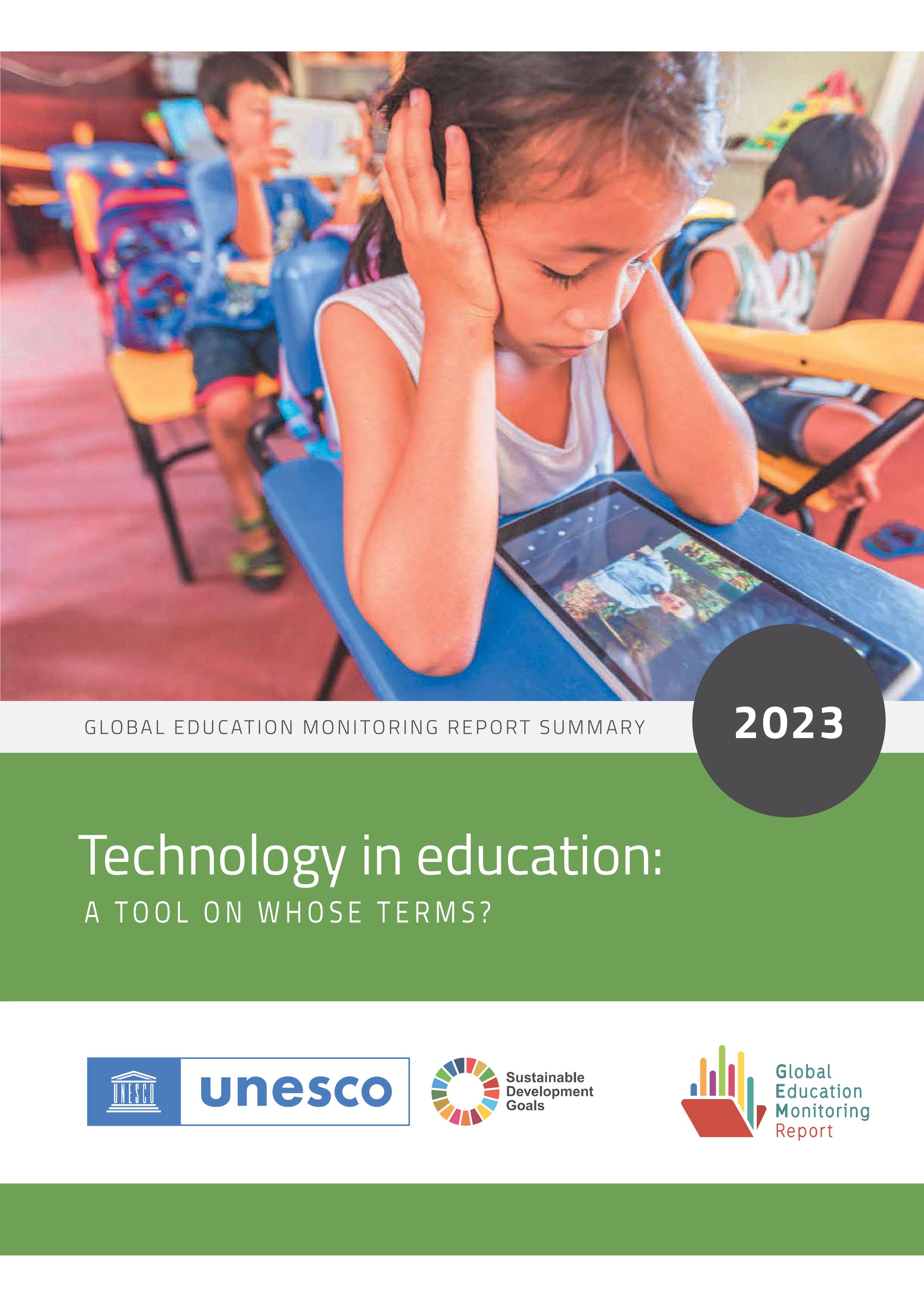UNESCO-Global Education Monitoring Report published - Report Calls for Responsible Integration of Technology in Education
The recent UNESCO Global Education Monitoring Report on "Technology in Education" highlights the urgent need for proper governance and regulation in the use of technology for learning.
The report urges countries to establish their own conditions to ensure technology enhances education while preserving the crucial role of face-to-face, teacher-led instruction, in line with the common goal of providing quality education for all.
The UNESCO Global Education Monitoring Report raises essential questions for policymakers and education stakeholders to consider when implementing technology in education:
- Is it appropriate?
- Is it equitable?
- Is it scalable?
- Is it sustainable?
The report emphasizes that the appropriate use of technology can enhance learning in specific contexts. However, excessive reliance on technology or its use in the absence of qualified teaching staff diminishes the benefits of learning. For instance, simply providing computers to students without involving teachers in the pedagogical experience does not improve educational outcomes. The report also highlights the issue of inequality between students when instruction is exclusively remote and online content is not contextually appropriate. Such disparities were evident during the COVID-19 pandemic, which led to the exclusion of over half a billion students worldwide, disproportionately impacting the poorest and those in rural areas.
The report underscores that the right to education is inseparable from meaningful connectivity, especially for marginalized populations, urging all countries to set connectivity benchmarks for schools by 2030.
The report highlights the absence of reliable and unbiased research on the benefits of technology in learning, despite its increasing importance. Relying solely on evidence from technology companies could introduce bias. Additionally, many countries overlook the long-term costs of technology purchases, while basic educational needs are still unmet. For instance, transitioning to digital education in low-income countries and providing internet access to all schools would substantially increase the funding gap for achieving Sustainable Development Goal 4 by 50%.
Moreover, the report highlights the challenge of rapid technological change in education systems. Developing digital literacy and critical thinking skills, especially in light of the growth of generative AI, is becoming increasingly important. While adapting to these changes, it is essential not to neglect basic education, which remains fundamental for digital application. Additionally, the report calls for the development of standards for ICT skills in teacher education and training.
Sustainability is a key concern, and the report advocates for better protection of the rights of technology users, particularly data protection in education.
Links

